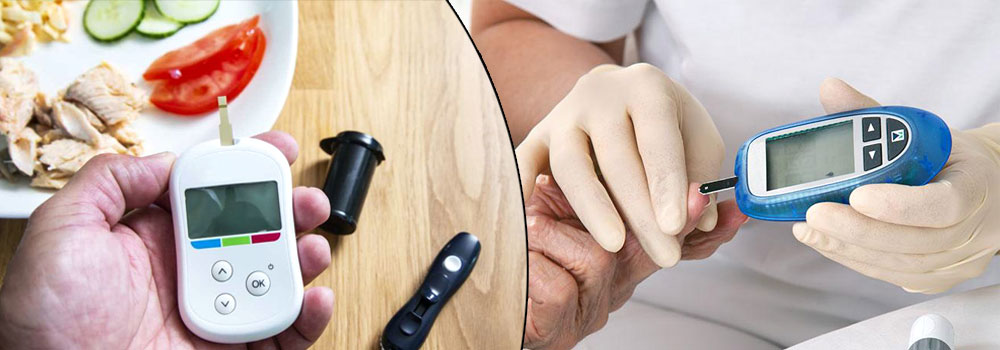Schedule an appointment today for an opinion on treatments

Diabetes is a chronic disease that occurs due to the imbalance of a hormone called insulin secreted by the pancreas in the body. This hormone regulates the flow of blood sugars.
Diabetes occurs due to two reasons:
The type of diabetes depends on the insulin hormone.
There are three types of diabetes:
It is an autoimmune disease that occurs at any age. The body system in type 1 diabetes attacks and destroys the beta cells of the pancreas that produce insulin to fight infections, and after a while, the body stops producing insulin.
Type 1 Diabetes is typically known as juvenile, insulin-dependent, or childhood on-set as it occurs in childhood either due to genes or environmental factors. The actual causes and reasons for type 1 diabetes are undetermined yet.
Thirst, excessive excretion of urine, weight loss, constant hunger, the difference in vision, fatigue, etc., these symptoms may arise suddenly representing type 1 diabetes.
Try to visit your doctor immediately to treat them in the initial stages.
People with Type 1 diabetes inject insulin manually every day to stay healthy, and the preventive measures are not known yet.
In type 2 diabetes, the pancreas does not produce the required insulin levels in the body.
The cells of the body do not effectively use the secreted insulin. This unused insulin remains in the blood and, over time, blocks the blood flow to different parts of the body resulting in diabetes.
Type 2 diabetes targets adults (middle-aged and elders). It is also known as insulin-resistant and adult-onset diabetes.
Type 2 Diabetes manifests no symptoms, so it is crucial to test your blood sugars regularly after a certain age.
There is no proper treatment identified yet. However, we can reduce the complications by maintain a healthy lifestyle, hygiene, good food habits, reduction of excess weight.
If your blood sugars record high values than normal, doctors refer to it as the prediabetes stage.
We have a chance to escape from type 2 diabetes by following a healthy lifestyle, losing weight, and being active.
Gestational diabetes occurs in pregnant women who never had a medical history of diabetes, which goes away after the delivery.
It is the stage, the blood sugars are high, and insulin blocks the hormones produced by the placenta. It does not affect the mother, but there are chances that the baby could be at higher risk of health issues.
The baby might become obese and develop type 2 diabetics in their teens or young age or later in their life.
Gestational diabetes does not show any symptoms. Prenatal screening confirms diabetes in the mother.
The symptoms of Type 1 diabetes suddenly show up. However, the other category of diabetes symptoms develops gradually but are not evident.